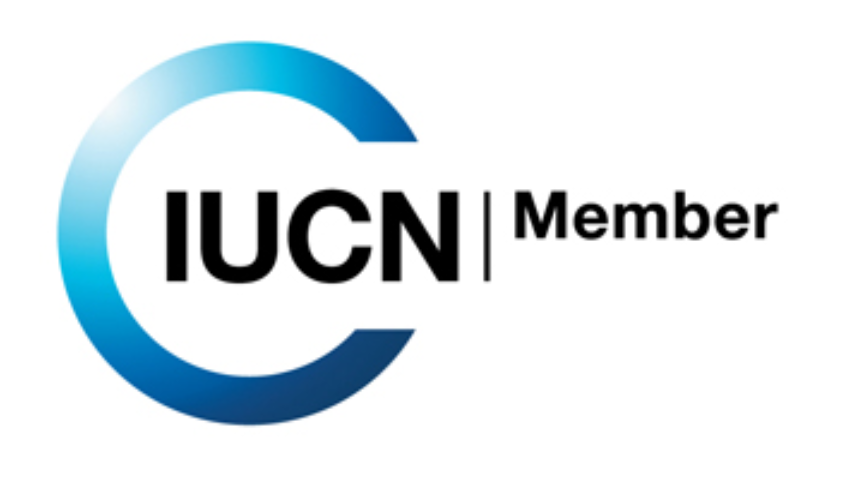29 May 2019, Providenciales, TCI – The Turks & Caicos Reef Fund (TCRF), the leading environmental non-governmental non-profit organization in the Turks & Caicos Islands, has become the first and only member organization in the TCI of IUCN (International Union for the Conservation of Nature).
IUCN is a membership Union uniquely composed of both government and civil society organisations. It provides public, private and non-governmental organisations with the knowledge and tools that enable human progress, economic development and nature conservation to take place together.
Created in 1948, IUCN is now the world’s largest and most diverse environmental network, harnessing the knowledge, resources and reach of more than 1,300 Member organisations and some 16,000 experts. It is a leading provider of conservation data, assessments and analysis. Its broad membership enables IUCN to fill the role of incubator and trusted repository of best practices, tools and international standards.
IUCN provides a neutral space in which diverse stakeholders including governments, NGOs, scientists, businesses, local communities, indigenous peoples organisations and others can work together to forge and implement solutions to environmental challenges and achieve sustainable development.
Working with many partners and supporters, IUCN implements a large and diverse portfolio of conservation projects worldwide. Combining the latest science with the traditional knowledge of local communities, these projects work to reverse habitat loss, restore ecosystems and improve people’s well-being. www.iucn.
Through their affiliation with IUCN, Member organizations are part of a democratic process, voting on resolutions which drive the global conservation agenda. They meet every four years at the IUCN World Conservation Congress to set priorities and agree on the Union’s work program. IUCN congresses have produced several key international environmental agreements including the Convention on Biological Diversity (CBD), the Convention on International Trade in Endangered Species (CITES), the World Heritage Convention, and the Ramsar Convention on Wetlands.
“We are honored and pleased to have been elected to IUCN membership by the IUCN World Conservation Congress in March of this year,” said Don Stark, Chairman of the TCRF. “This affiliation affirms our status as a leading conservation organization in the TCI and we will be proud to represent the interests of the TCI at future World Conservation Congresses.”
About TCRF
Founded in 2010, the Turks & Caicos Reef Fund is the only active environmental advocacy organization in the TCI. It is an all volunteer-run organization that provides funding for education, research and conservation programs to individuals, organizations and agencies that help to preserve and protect the environment of the Turks & Caicos Islands. Our goal is to have at least 85% of all funds raised through voluntary contributions from divers and snorkelers visiting the Turks & Caicos Islands directed to the Fund’s programs.
Anyone wishing to donate or assist the TCRF in any way can contact them through their website, www.TCReef.org. Scuba divers visiting the islands are encouraged to make a $10 donation through the purchase of a dive tag that can be attached to their dive gear to show their support. Snorkelers visiting the islands can show their support through the $5 purchase of a pink or blue silicone wristband. A complete list of outlets for TCRF merchandise can be found on the organization’s website.






